Difference Between Corrosion and RustingIntroductionMaterial disintegration, particularly in metals, is caused by two chemical processes called rusting and corrosion. Furthermore, similar events must have occurred to all of us at some point during our lives. These are typical in industries, shipyards, demolished structures, abandoned vehicles, etc. Rust and corrosion are terms that are frequently used interchangeably. While oxidation reactions (when an element reacts with oxygen) cause corrosion and rust, there are several differences between the two. 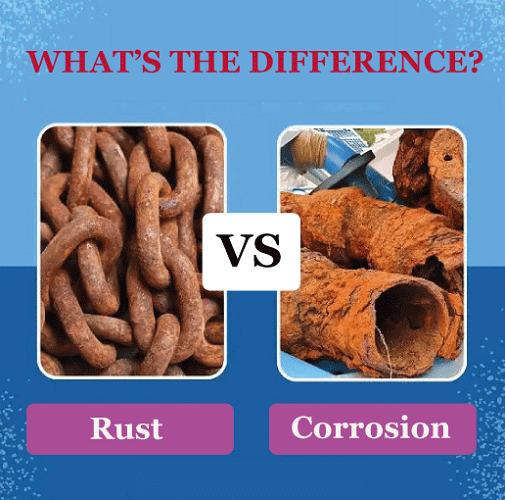
Unlike rust, which only affects iron and its alloys, like steel, corrosion affects various objects. Rust is a type of corrosion, even though it only relates to the oxidation of iron-containing metals. Rusting of Iron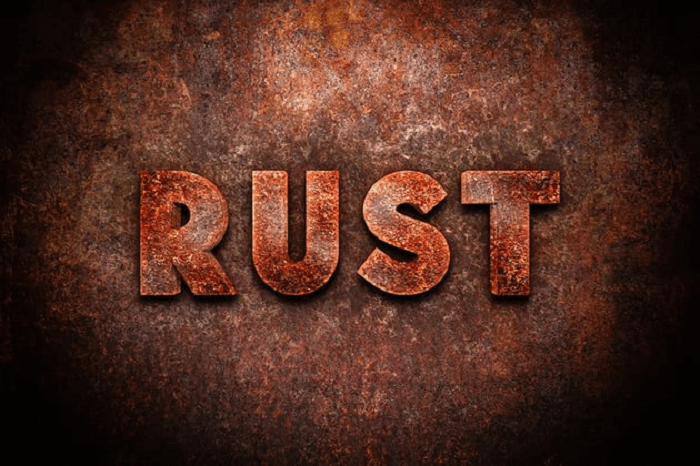
Rust is the phenomenon when a reddish-brown coating develops on the surface of iron due to the action of moist air. Rust, to put it simply, is a reddish-brown flaky substance that develops when an iron object is left out in the moist air for a long time. This phenomenon is referred to as rusting. Prevention from RustingThe following techniques can be used to stop rusting:
Corrosion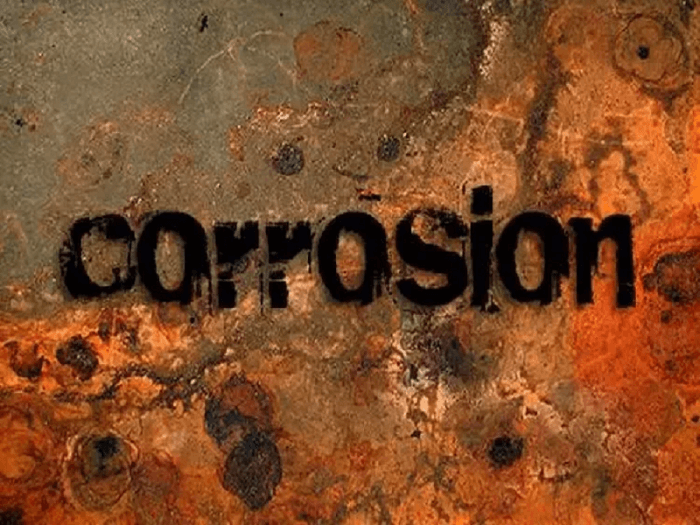
Corrosion is the process by which a refined metal, such as oxide, hydroxide, or sulfide, is naturally transformed into a more solid state, leading to the deterioration of the substance. Corrosion can dramatically worsen the condition of historical and natural landmarks and raise the risk of catastrophic equipment breakdowns. Air pollution, which is becoming more severe globally, contributes to corrosion. Oil must contain alkali metals like sodium because they corrode quickly. Metals less reactive than steel and aluminum are used to construct roofs. When lead corrodes, it turns into a white lead oxide or carbonate, whereas when copper (Cu) corrodes, it turns into a straightforward green carbonate. Metal corrodes when it interacts with another element, like oxygen, hydrogen, electricity, dust, and germs. Corrosion can also happen when metals like steel are under too much stress, leading to the substance cracking. Causes of CorrosionMetal corrodes when it interacts with another substance, such as oxygen, hydrogen, an electrical current, or even dirt and germs. When metals like steel are put under too much stress, which causes the substance to crack, corrosion can also occur. Corrosion of IronWhen iron is exposed to oxygen and water, the most typical type of iron corrosion occurs, resulting in the formation of a red iron oxide known as rust. Steel and other iron alloys can be affected by rust. While green rust, another type of corrosion, can be created directly from metallic iron or iron hydroxide, rusting of iron can also happen when iron combines with chloride in an oxygen-deficient environment. 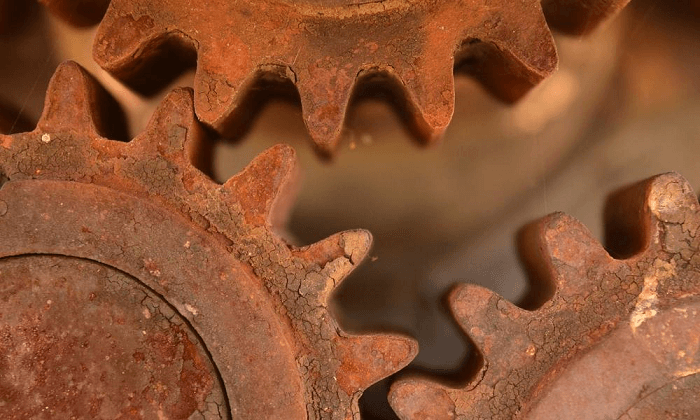
Prevention from CorrosionThe methods listed below can be utilized to prevent corrosion:
Difference Between Rust and CorrosionThe terms corrosion and rusting are frequently used interchangeably. Rust and corrosion are both effects of oxidation processes. Also, they differ in a few ways because of their differences. Corrosion and rusting are considered undesirable processes, and great effort is made to prevent them. There may be some differences in the rusting and corrosion qualities due to the different materials used in the process. 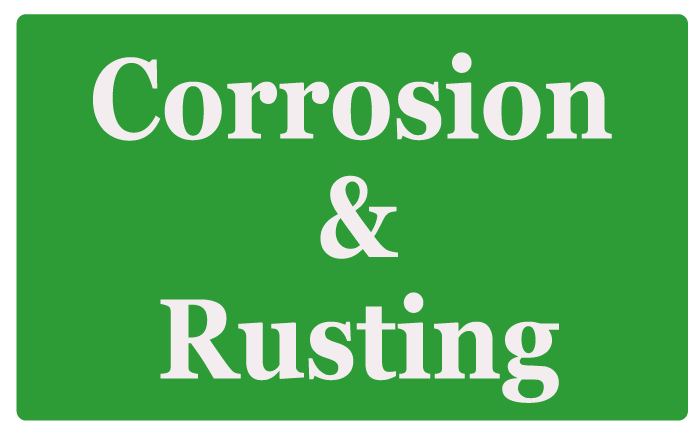
ConclusionCorrosion is a type of oxidation. Rusting is a form of corrosion. Corrosion and rusting vary primarily as chemicals may cause corrosion, whereas chemicals cannot cause rusting but can be quickened by some chemicals. The differences between corrosion and rust are often slight, but they exist. It is likely safe to assume that most of the time, anti-corrosion coatings will help stop rust, and anti-rust coatings will help stop other types of corrosion.
Next TopicDifference between
|
 For Videos Join Our Youtube Channel: Join Now
For Videos Join Our Youtube Channel: Join Now
Feedback
- Send your Feedback to [email protected]
Help Others, Please Share










